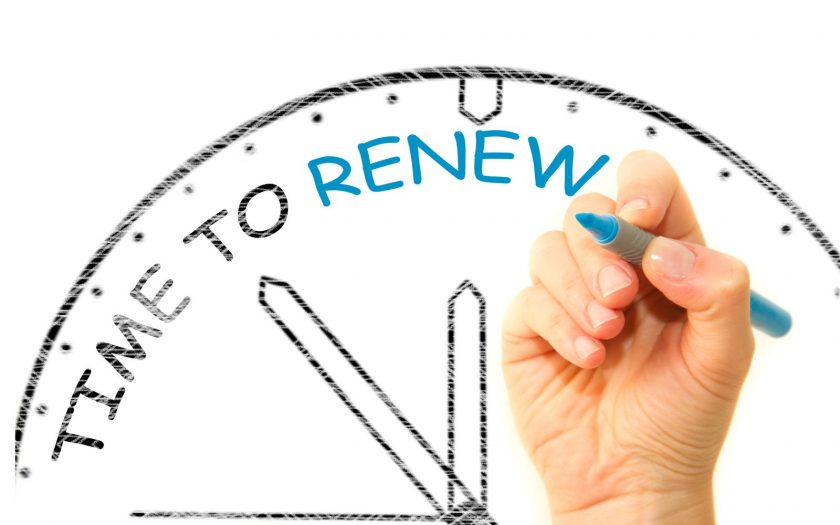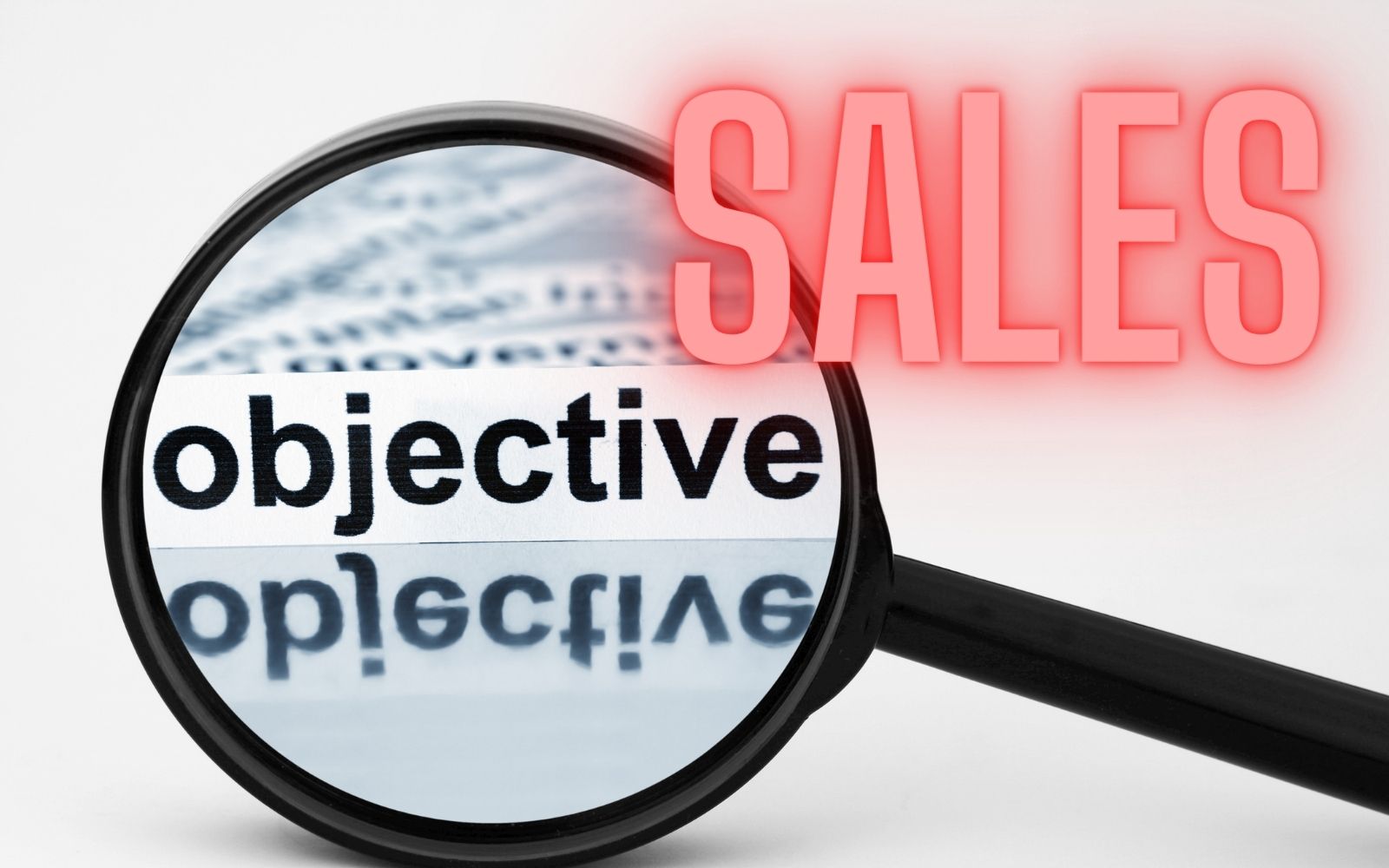In any sales process, objections are bound to come up.
It’s important to be prepared to handle them in a way that doesn’t lose the deal. Let’s take a look at some of the most common insurance sales objections you might encounter and how to overcome them.
1. I don’t have the money.
The most common objection is price. Potential clients may say that your product or service is too expensive or that they can get a similar product for less elsewhere. When this happens, it’s important to emphasize quality over quantity. Explain how your product or service is worth the investment and offer a payment plan if necessary. Also, look at ways to save money for them – the quickest solution maybe having a low to zero comprehensive deductible with a higher collision deductible – Now they won’t have anything to pay if a rock hits their windshield and they’ve saved money!
2. I’m not interested.
This objection can be frustrating, but it’s important to remember that not everyone is going to be interested in what you’re selling. The best way to handle this objection is to simply move on to the next prospect.
3. I don’t need it.
This objection can be difficult to overcome, but it’s important to remember that everyone has different needs. The best way to handle this objection is to ask your prospect what their specific needs are and then show them how your product or service can address those needs.

4. I don’t need that insurance coverage.
Another objection you might encounter is that the potential client doesn’t see the need for the policy or product. In this case, it’s important to explain the benefits of your offering and how it will make their life easier or solve a problem they have. It’s also helpful to provide examples of other businesses or individuals who have used your product or service successfully.
5. I’ll think about it.
This is a common objection, but it’s important not to take it personally. The best way to handle this objection is to thank your prospect for their time and let them know that you’ll follow up with them in a few days.

6. One of the most common objection is timing.
The client may say they’re not ready to buy now or that they’ll wait until later in the year. When this happens, it’s important to find out if there’s a specific reason for the delay. If there is, you can address that issue directly. If not, ask for their renewal date, make a reminder for yourself for 40 days prior to date and give them a call – Plus, make sure to tell them your plan too!
Last but not least: Becoming an Advocate for Your Customers
We all know how it feels to be explorers of new terrain, looking at the world around us with wonder. And while most people are content just going through their day-to-day lives without ever taking any risks or making decisions that could change everything for them – you can take this same idea one step further by becoming an advocate on your customer’s behalf! One way you might do so is by agreeing with what they’re saying even when there seems like no reason why things should work out between parties involved: “I hear ya,” ” Yeah totally understand where you’re coming from.” This simple act will show commitment and effort from start which
In Conclusion…
Objections are a normal part of the sales process, but that doesn’t mean they’re easy to deal with. By being prepared and knowing how to respond to common objections, you can increase your chances of making the insurance sale and making quotas.


